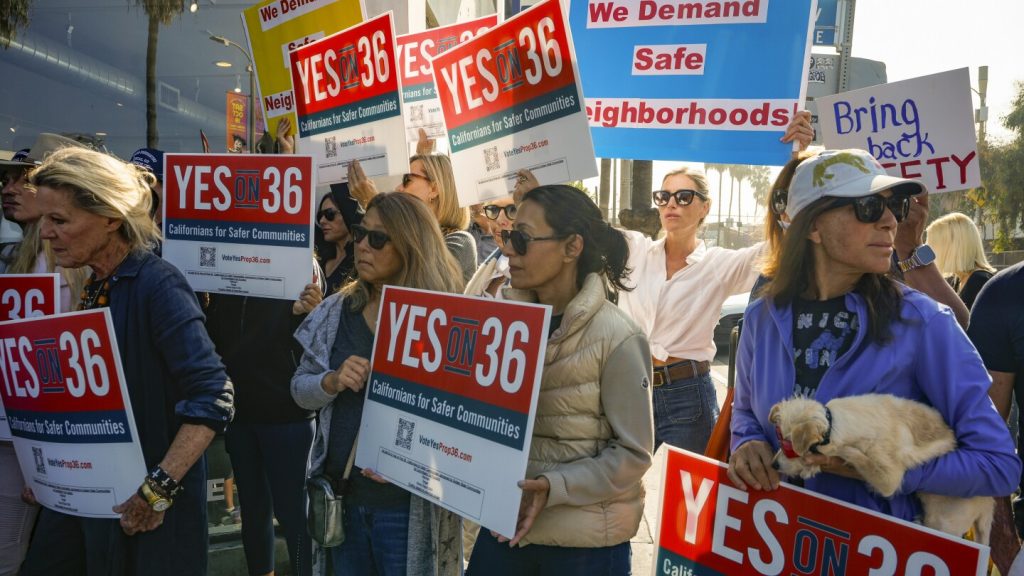Critics of criminal justice reform in California are pointing to an increase in crime over the past decade as evidence that Proposition 47, which downgraded many nonviolent felony crimes to misdemeanors, has failed as a social experiment. There is a growing sentiment among Californians that the state has become lawless, with incidents of smash-and-grab thefts at stores contributing to this perception. This has become a key issue in the upcoming elections for Democratic and progressive members of Congress, mayors, and district attorneys. Additionally, a new statewide measure on the ballot, Proposition 36, aims to partly roll back the effects of Proposition 47.
In Los Angeles, District Attorney George Gascón, who co-authored Proposition 47 and won the 2020 election amidst protests and racial reckoning, is facing stiff competition from a former federal prosecutor. Critics of Gascón accuse him of being soft on crime, particularly in cases involving juveniles and gang members. The issue of retail theft has prompted Governor Gavin Newsom to support a series of bills targeting serial offenders and auto thieves, although these measures do not make retail crimes felonies again. Proposition 36, on the other hand, would make theft of any amount a felony under certain conditions and impose stricter penalties for drug offenses.
Proposition 36 has garnered support from a bipartisan coalition, including Democratic elected officials and major retailers like Walmart and Target. However, opponents, including Governor Newsom and Democratic legislative leaders, argue that the measure would reverse progress made in criminal justice reform and lead to higher incarceration rates, particularly among Black and Hispanic individuals. The potential impact of Proposition 36 on California’s prison population and the state’s budget is also a point of concern, with projections indicating increased costs at both the state and county level.
While critics of Proposition 36 fear a return to punitive policies and overcrowded prisons, supporters argue that the measure is necessary to address rising crime rates and protect businesses impacted by theft. The debate over criminal justice reform in California reflects broader national discussions on the balance between rehabilitation and punishment in the criminal justice system. As the state grapples with these complex issues, voters will have to weigh the potential consequences of Proposition 36 and decide on the best path forward for California’s criminal justice system.


